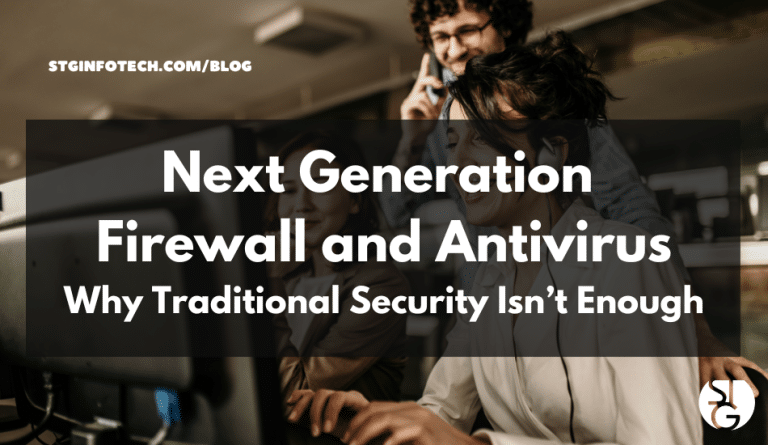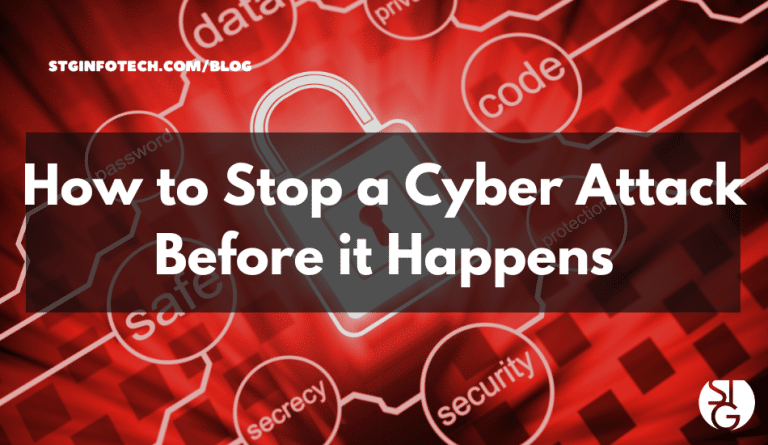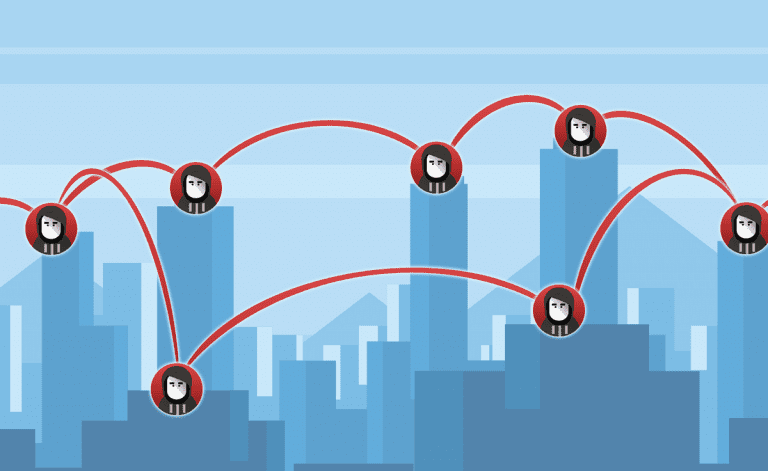So, let’s explore why cybersecurity is so vital to an industry that deals with human lives every day.
Significance of Healthcare Cybersecurity
Before we delve into the details, let’s understand the magnitude of healthcare cybersecurity.
Patient Data Protection
In healthcare, patient data is highly sensitive and includes personal health information and medical history.
Ensuring its confidentiality and integrity is paramount to preserving patient trust and privacy.
Operational Resilience
Healthcare facilities depend on digital systems to provide essential services.
Cyberattacks that disrupt these operations can impact patient care and safety.
People don’t stop getting sick when a hospital is hit by ransomware.
Public Safety
Cyberattacks on healthcare institutions can have severe consequences beyond financial losses, affecting public health and safety when critical services are compromised.
Growing Cyber Threats in Healthcare
In the past couple of years, the healthcare industry has seen a surge in cyber threats, making it a prime target for malicious actors.
Here are some of the cybersecurity challenges healthcare faces:
Data Breaches
Healthcare organizations are a prime target for data breaches.
Plenty of cybercriminals aim to steal patient records to subsequently steal their identities and sell that information on the dark web.
Ransomware Attacks
Cybercriminals aim for ransomware in an effort to extort money from healthcare facilities by encrypting patient data.
These actors hold this data hostage until the ransom is paid.
Medical Device Vulnerabilities
With the increasing use of connected medical devices, cybersecurity weaknesses can jeopardize patient safety by allowing unauthorized access or manipulation.
These can be very scary and dangerous threats and must be taken seriously by all healthcare facilities.
Cybersecurity Solutions for Healthcare
In the face of these challenges, there are ways healthcare providers can take cybersecurity into their own hands to protect their patients.
Let’s explore some of these solutions
- Encryption and Access Controls: Implementing robust encryption and access controls ensures that only authorized personnel can access and modify patient data.
- Cyber Threat Intelligence: Utilizing advanced threat intelligence helps healthcare facilities stay one step ahead of cyber threats by identifying potential attacks before they occur.
- Employee Training Awareness: Educating healthcare professionals about cybersecurity best practices reduces the risk of human error, such as falling victim to phishing scams.
- Outsourcing IT Management: It may seem obvious, but outsourcing the pressure of cybersecurity to an IT professional will help immensely.
An MSP will establish the previously mentioned solutions and work to ensure your organization stays HIPAA compliant. Both you and your patients will be better off for this decision.
Speaking of staying HIPAA compliant, there are legal and ethical responsibilities to upholding cybersecurity best practices.
Legal and Ethical Responsibilities
The legal and ethical responsibilities of healthcare cybersecurity go beyond protection and prevention.
Regulatory Compliance
As mentioned, healthcare organizations must comply with strict data protection regulations, such as HIPAA (Health Insurance Portability and Accountability Act) in the US.
Maintaining this is crucial.
Patient Trust
Protecting patient data fosters trust between healthcare providers and their patients.
Meeting these standards is vital for maintaining positive patient relationships.
Now that we’ve spoken about the risks, let’s talk about the real-life impacts of cybersecurity breaches in the healthcare sector.
Real-Life Impacts of Cybersecurity Breaches
- Disrupted Patient Care: Cyberattacks can halt medical procedures, delay treatments, and prevent access to essential patient information.
- Financial Losses: Data breaches and ransomware attacks often lead to substantial financial losses for healthcare organizations. IBM revealed ransomware attacks cost the healthcare sector $7.8 billion in 2021.
- Damage to Reputation: A cybersecurity breach of any size can severely damage a healthcare facility’s reputation, affecting patient confidence and future business. Loss of confidence and trust can be devastating for a smaller healthcare firm.
Cybersecurity in healthcare is not just a matter of protecting data; it’s about safeguarding lives, privacy, and trust.
As the healthcare industry continues to embrace digital transformation, the need for robust cybersecurity measures becomes ever more apparent.
Check out our last video! ➡️ Game-Changing IT Security Tips
If your healthcare business needs help complying with industry guidelines, feel free to set up a call with one of our expert technicians via the Calendly link below. We’d be happy to discuss solutions with you.
Click here to schedule a free 15-minute meeting with Stan Kats, our Founder and Chief Technologist.
STG IT Consulting Group proudly provides IT Services for Small to Medium Businesses in Greater Los Angeles. We’d love to see if we can help you too!




